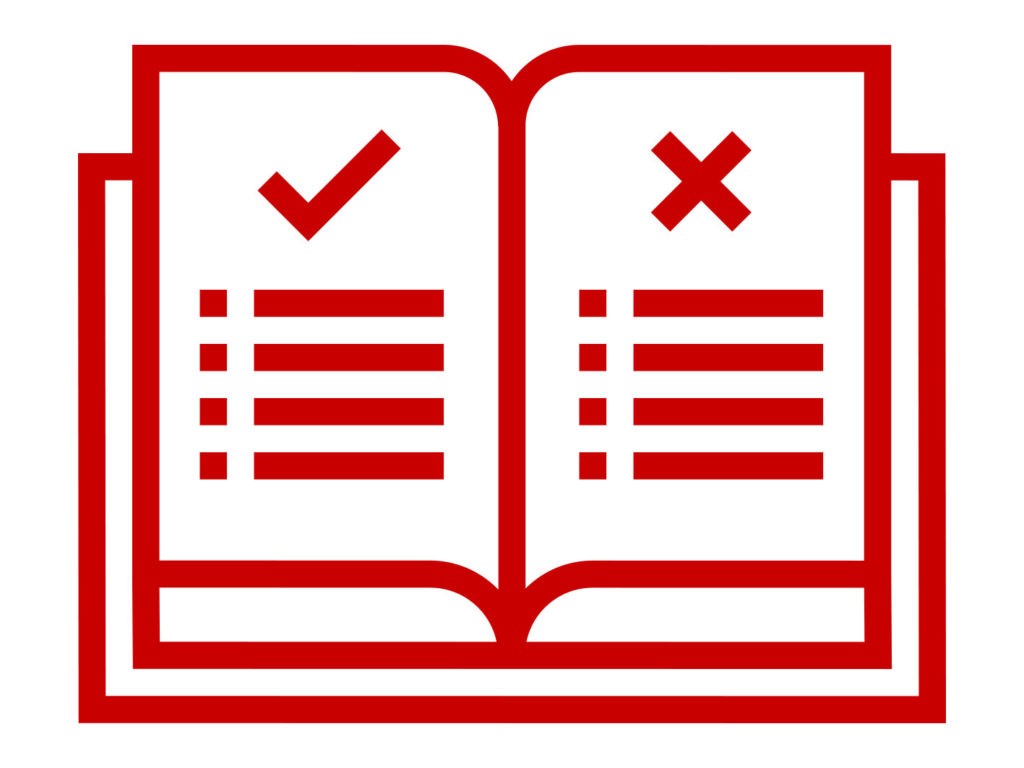
Sustainability Plan
The government has launched a new National Implementation Plan for the Sustainable Development Goals 2022-24. Everybody now understands the urgency of climate change and the importance of delivering on the UN Sustainable Development Goals (SDG) and although Ireland is a small country we have a big part to play.
The government’s plan looks to:
- embed the SDG framework into the work of government departments and local authorities
- work and partner with others to achieve the goals
- incorporate the principle of Leave No One Behind
- and report on progress, or indeed a lack of progress.
The plan includes 51 actions, 119 individual measures and 22 case studies as examples and to showcase best practice.
Climate commitments disclosed in financial statements need to be reliable, honest and consistent
Net zero commitments
Recent statements by regulators have mentioned the need for the climate commitments disclosed in companies’ financial statements to be reliable, honest and consistent. If a commitment is made in a directors’ report to undertake some particular sustainable action, that should be reflected in provisions and capital commitment notes, and the recognition of impairments, etc.
For example, if the directors’ report committed to 100% renewable power usage, the oil-fired heating plant will need to show an impairment; and if there is a commitment to remediate some environmental damage, then that constructive obligation needs to be provided for.Regulators have published guidance to assist companies make this kind of the disclosure. The Financial Reporting Council in the UK has published a report on disclosing net zero commitments.
Regulators have expressed concern at what is often described as ‘greenwashing’
Regulators have published guidance to assist companies make this kind of the disclosure. The Financial Reporting Council in the UK has published a report on disclosing net zero commitments.
The Irish Auditing and Accounting Supervisory Authority (IAASA) has also published a report on the information requests it has made to companies seeking clarification of the internal consistencies between the sustainability disclosures and the other financial statements disclosures.
Some of the areas that IAASA have questioned companies about include:
- recognition and measurement of provisions
- disclosures surrounding contingent liabilities
- disclosures surrounding non-adjusting events after the reporting date
- recognition and measurement of impairments
- measurement of inventories
- impact on capital expenditure commitments
- sensitivity analysis.
Regulators have expressed concern at what is often described as ‘greenwashing’, which includes vagueness in statements by companies (see boxout).
For example, does a commitment to net zero include scope 1 (a company’s own emissions) or scope 2 (indirect emissions from the generation of purchased energy) or even scope 3 (the full supply chain emissions)?
The move towards classification of investment funds into Article 6 to Article 9 has focused on companies’ ESG credentials to ensure that their shares are open to be bought by as many funds as possible. Article 9 classification relates to ‘dark green’ funds the entire objective of which is sustainable investing, while Article 6 funds do not integrate any kind of sustainability into the investment process.
Due diligence
The European Commission has adopted a proposal for a Directive on corporate sustainability due diligence designed to foster sustainable and responsible corporate behaviour throughout global value chains.
In summary, this will require companies in scope to audit their supply chain for human rights and environmental impact issues. The final text is due next year, to be passed by the end of the year. Implementation for some companies in ‘group 1’, which is all EU limited liability companies with over 500 employees and €150m in net turnover worldwide, could be as soon as 2025.
The 12 principles on which credit unions operate link very closely to the UN’s sustainable development goals
Credit unions
ACCA with the Credit Union Development Association (CUDA) and the Irish League of Credit Unions (ILCU) has launched an information booklet on reporting by credit unions on their delivery of the UN Sustainable Development Goals (SDGs).
This seeks to show how the 12 principles on which credit unions operate link very closely to the SDGs, and provides a template for a credit union to tell their members about how they deliver on the SDGs.
It includes a template Directors Sustainability Report, maps the operating principles to the SDGs and provides some examples of sustainability that all credit unions engage in, but which they have not been telling their membership about.
The booklet is the start of a process where in time credit unions will commit to sustainability measures and plans, and report to members on sustainable metrics showing their progress.
It is planned that the credit union metrics will map to those required to be disclosed by commercial companies under the Corporate Sustainable Reporting Directive (CSRD). Although credit unions are not in scope of the CSRD, there is strong support within the credit union movement for voluntary disclosure similar to the CSRD, but adapted to the specific circumstances of what is a not-for-profit community bank – although a credit union is so much more than just a community bank, which their new sustainability reports will now illustrate.
TBESS
Guidelines for the Temporary Business Energy Support Scheme (TBESS) are now available on the Revenue website. The scheme now extends to case I and case II businesses. It will not, as currently drafted, be available to credit unions.
Green glossary
Regulators, investors and other stakeholders are starting to flag concerns about how some businesses present their sustainability credentials.
Greenwashing: falsely claiming to be a sustainable business. For example, a steak house claiming to ethnically source grass-fed beef from family farms, but not disclosing that those farms are in Australia and the beef is then air-freighted to Ireland.
Green hushing: keeping silent on sustainability issues, generally because the business is not able to show its operations are sustainable. For example, a restaurant simply says the steak is excellent and fails to mention the provenance.
Green allusion: making the public think the business is sustainable by association or imagery without making any direct sustainability claims. For example, a restaurant having photos on the wall of lush countryside with animals grazing freely while it sources its beef from a feed lot in Brazil.


